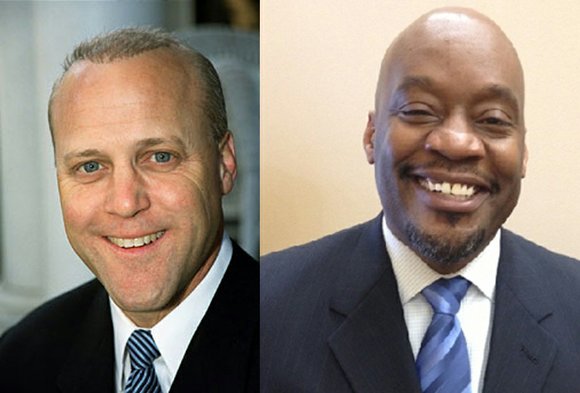Investing in black men
5/20/2016, 10:21 p.m.
Mayors and community leaders in cities across the country are working every day to create vibrant and healthy communities where all of our youth, families and neighbors can thrive.
All too often, though, the promise of safe, healthy and hopeful communities for all is not being realized for African-American men. Indeed, while they represent significant populations in many of our cities, these men face a disproportionate impact from violence.
The leading cause of death for African-American men ages 10 to 24 is homicide. Government figures show African-American males experience homicides at more than four times the rate of all other men in the United States.
Since 1980, more than 650,000 people have been murdered in the United States. That’s more lost to homicide than the number of Americans killed during all the wars of the last 100 years combined.
One example: New Orleans, which has reported about 6,000 African-American males killed since 1980 — more than 90 percent of the city’s murder victims over that period.
The U.S. Centers for Disease Control and Prevention estimates that reducing violence by 50 percent would save more than $35 billion yearly in medical and lost productivity costs.
Such statistics of violence are unacceptable. African-American men need to be considered assets, and cities need to take action to stem the tide of violence involving African-American men.
A start has been made. Five years ago, a group of mayors partnered with philanthropic and community leaders to form a network focused on eliminating violence involving African-American men. Today, nearly 80 mayors across the country are part of Cities United, working together as a national movement to uplift these men while confronting the chronic conditions they face.
Through Cities United, the aim is to address the root causes of violence and to come up with programs that build pathways to employment, education and increased opportunity. We do this by proactively engaging government officials, community members, clergy and business leaders in ongoing meetings aimed at increasing trust and transparency.
This is the way to develop long-range strategies to break the cycle of violence and to create solutions that can make our cities more livable for all of us.
(Charlottesville, Newport News and Hampton are the only Virginia cities participating in Cities United, according to the organization’s website.)
Governing magazine
Mr. Landrieu is the mayor of New Orleans; Mr. Smith is executive director of Cities United.







